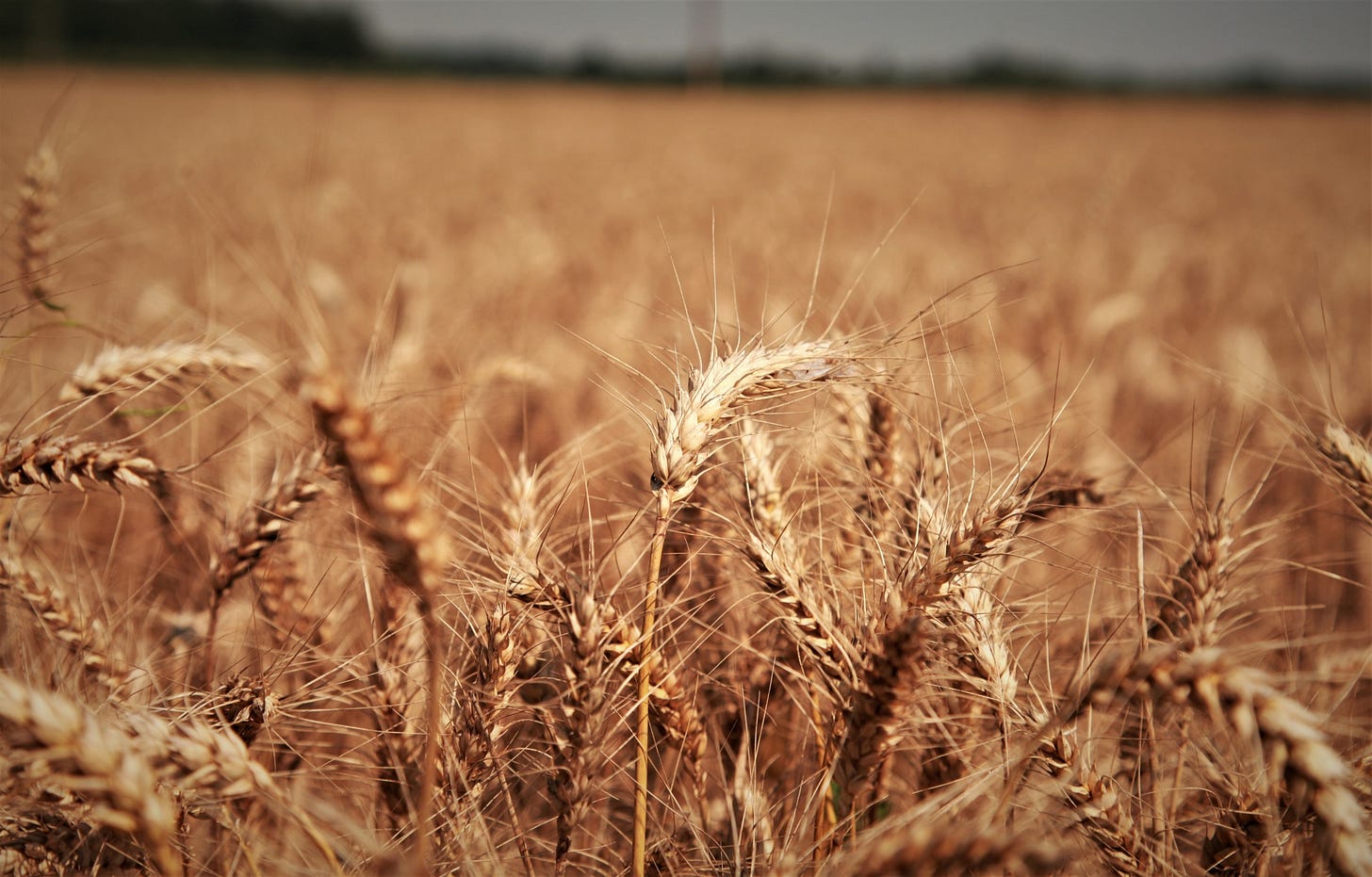Growing the Wheat
The Seventh Sunday after Pentecost
Scripture (semicontinuous)
Old Testament: Genesis 28:10-19a
Psalter: Psalm 139:1-12, 23-24
Epistle: Romans 8:12-25
Gospel: Matthew 13:24-30, 36-43
Scripture (complementary)
Old Testament: Wisdom 12:13, 16-19 or Isaiah 44:6-8
Psalter: Psalm 86:11-17
Epistle: Romans 8:12-25
Gospel: Matthew 13:24-30, 36-43
___
Prayer
O God of Jacob, you speak in the light of day and i…
Keep reading with a 7-day free trial
Subscribe to Faith Seeking Understanding to keep reading this post and get 7 days of free access to the full post archives.




